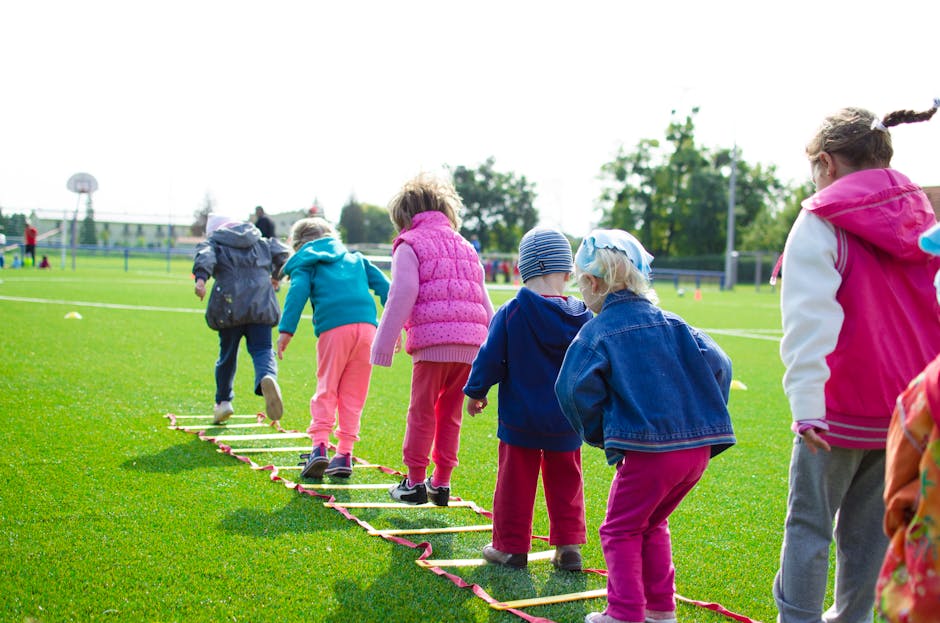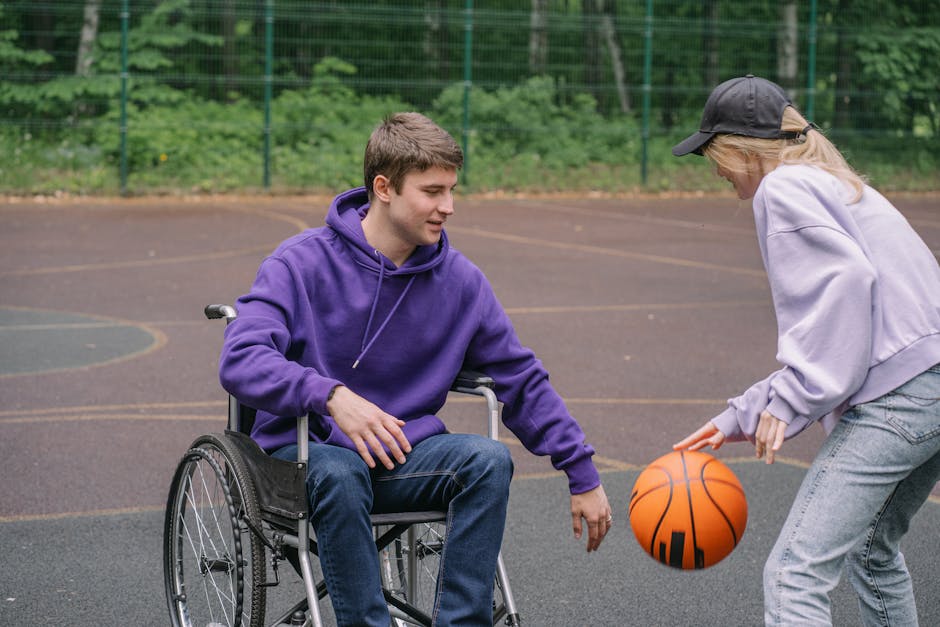Sports & Recreation
-

How do different cultures influence recreational activities?
Human leisure time, a period for rejuvenation and social interaction, is profoundly shaped by cultural norms and values. Recreational activities, encompassing sports, games, and other leisure pursuits, are not simply…
-

Are there ethical concerns surrounding youth sports?
A major ethical dilemma revolves around the pressure to win. While healthy competition is beneficial, an overemphasis on victory can lead to win-at-all-costs mentalities. Coaches, parents, and even athletes themselves…
-

Explain the evolution of specific sporting equipment.
Sporting equipment evolution mirrors technological advancement and societal shifts. From rudimentary tools crafted from natural materials to sophisticated, technologically-enhanced products, the journey reflects a constant pursuit of performance enhancement, injury…
-

Which recreational activities promote physical well-being?
Among the most effective activities are those that incorporate aerobic exercise. Activities like swimming, running, cycling, and brisk walking significantly improve cardiovascular health. Swimming, in particular, provides a full-body workout…
-

Why is sportsmanship considered crucial in competition?
A primary reason for emphasizing sportsmanship stems from its direct impact on the competitive environment itself. When athletes demonstrate good sportsmanship, they foster a climate of mutual respect and trust.…
-

What are the economic impacts of major sporting events?
Direct economic impacts are the most readily apparent. These include the substantial revenue generated through ticket sales, broadcasting rights, and sponsorship deals. Host cities see a surge in tourism, with…
-

How does participation in sports affect mental health?
Physical exertion during sporting activities triggers the release of endorphins, neurochemicals with mood-boosting properties. This biochemical response contributes to feelings of euphoria, stress reduction, and improved sleep quality. Regular participation,…
-

What are the ethical implications of performance-enhancing drugs?
The use of performance-enhancing drugs (PEDs) in sports and recreation presents a complex ethical landscape, sparking intense debate among athletes, coaches, governing bodies, and the public. This debate extends beyond…
-

How can sports promote social inclusion and equality?
A fundamental aspect of sports’ inclusive power lies in their ability to create shared experiences. Participation in team sports, for instance, necessitates collaboration and interdependence, fostering a sense of belonging…
-

Could esports be considered a legitimate sport?
The traditional understanding of sport often emphasizes physical prowess. Activities like running, swimming, and weightlifting clearly demonstrate physical exertion as a central component. Esports, however, primarily relies on cognitive skills…